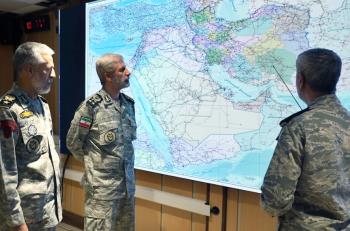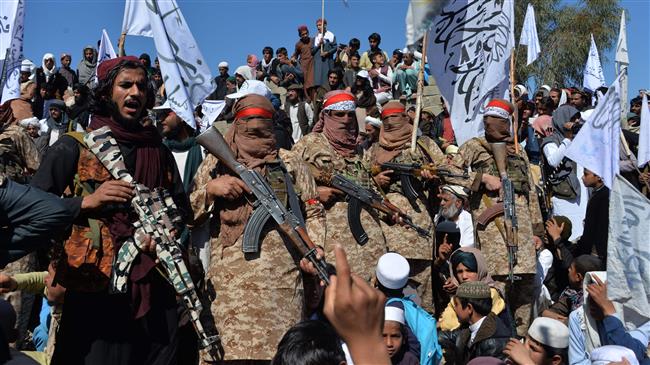Alwaght- Afghanistan's government has postponed releasing Taliban militants from Prisons, a move that might plunge an already shaky peace process between Kabul and the militant group into deeper crisis.
Earlier this week, President Ashraf Ghani had promised in a decree that authorities would free 1,500 Taliban militants as a “gesture of goodwill” before long-awaited negotiations between the two sides begins.
The decree allowed the release of 500 Taliban prisoners within 15 days starting on Saturday, with 100 prisoners walking out of Afghan jails on a daily basis.
According to Afghan officials, once direct talks between the Taliban and Kabul began, the Afghan government would free 500 prisoners every two weeks until a total of 3,500 were released.
However, Javid Faisal, spokesman for the National Security Council, said on Saturday that the release of the jailed militants “has been delayed” to allow more time to review their identities.
“We have received the lists of the prisoners to be released. We are checking and verifying the lists, this will take time,” he said.
The release of the 3,500 prisoners will move forward only if there is a concrete reduction in violence, Sediq Sediqqi, a spokesman for the Afghan presidential palace, said earlier this week.
The decree also asserted that the prisoners had to provide a written guarantee that they would not return to the battlefield.
Taliban had earlier rejected the offer and demanded that up to 5,000 inmates be released ahead of the peace talks, citing the US-Taliban deal signed last month that excluded the Afghan government.
Under the deal, the Afghan government would release these Taliban prisoners ahead of intra-Afghan talks, and the militant group would in exchange release up to 1,000 Afghan government prisoners.
Washington and Taliban have agreed for a phased withdrawal of US-led foreign forces from Afghanistan over a span of 14 months.
“We want guarantees that they will not return to fighting,” Faisal said.
The US-Taliban deal was primarily aimed at reducing violence in the war-torn country. However, since it was signed on February 29, violence has escalated with the militants carrying out dozens of deadly attacks across the country.
The attacks prompted Kabul on March 11 to warn it would resume anti-terror operations against the militants if violence continues, ending a unilateral partial ceasefire put in place ahead of the negotiations.
There was no immediate reaction from the militant group regarding the delay announcement.
Afghanistan also suffers from a wired political chaos, which has further complicated the matters.
On March 9, President Ghani and opposition candidate and former chief executive Abdullah Abdullah both held inauguration ceremonies in the capital. Abdullah has contested the official results of the recent presidential election in the country, which showed Ghani had won.
In the election last year, Abdullah was seeking presidency for the third time, after losing in 2009 and 2014.
On March 11, Afghanistan’s former President Hamid Karzai blamed Washington’s policies for the current political crisis in the country.



























